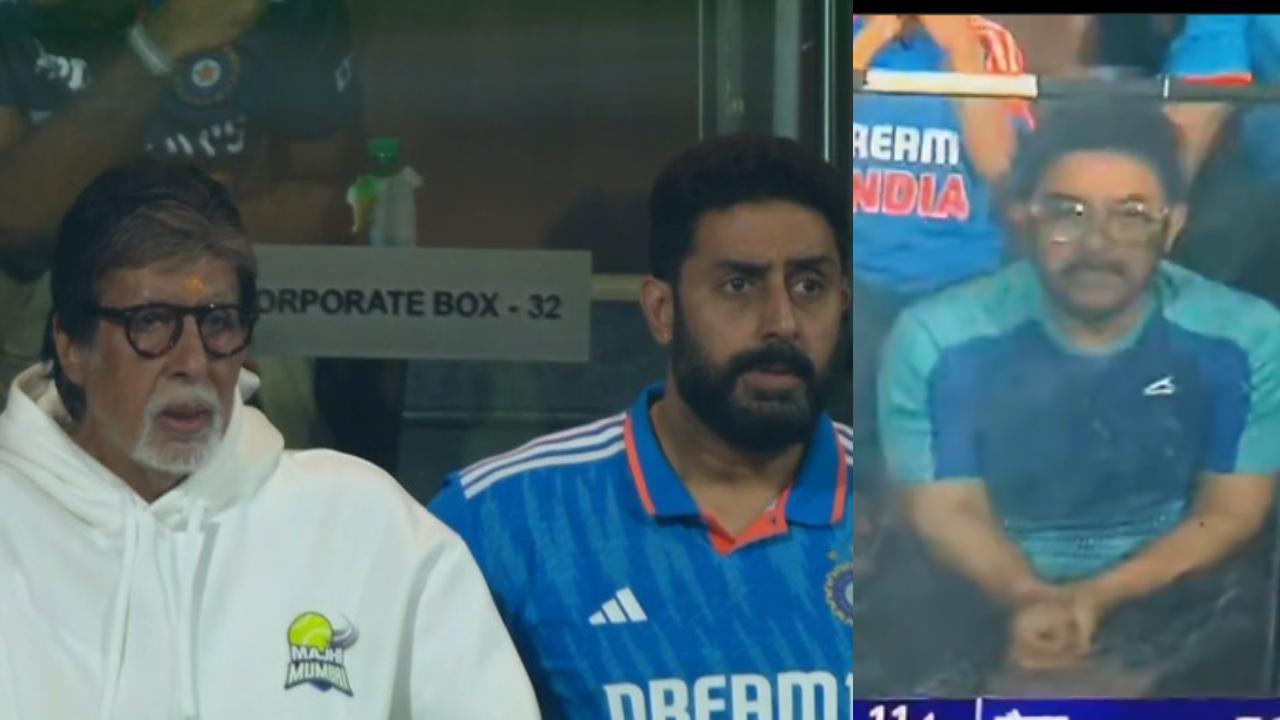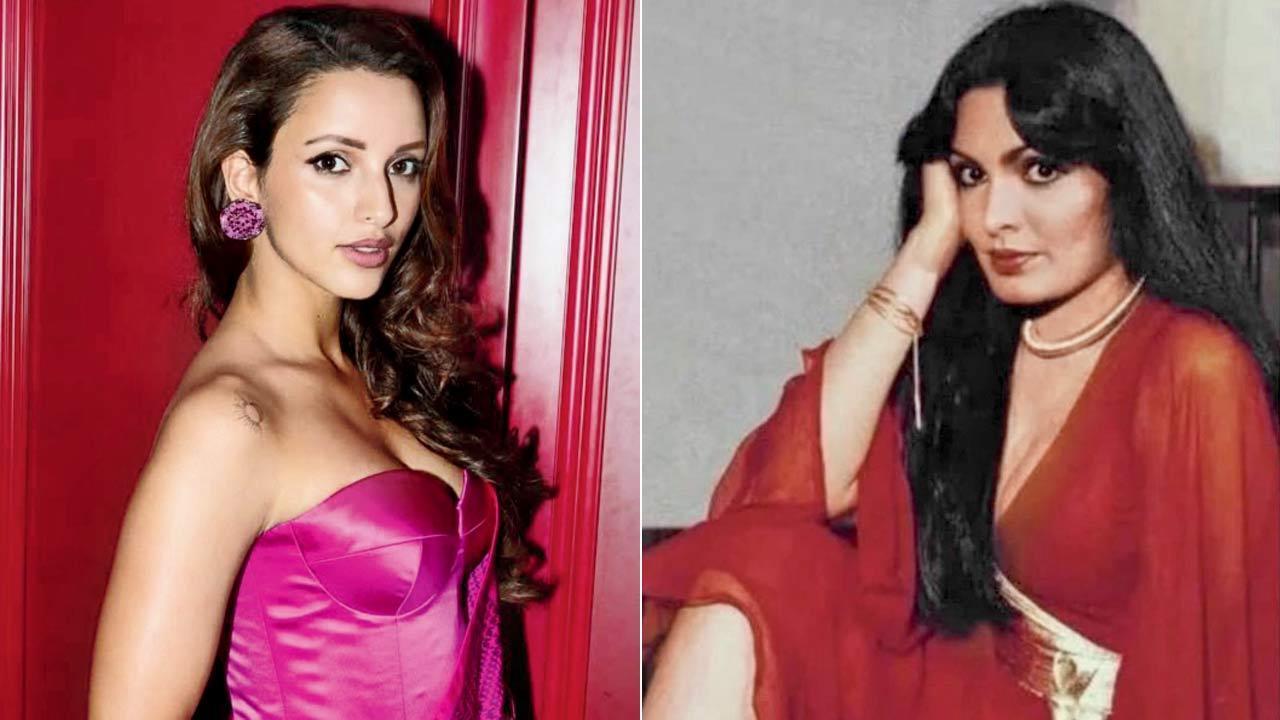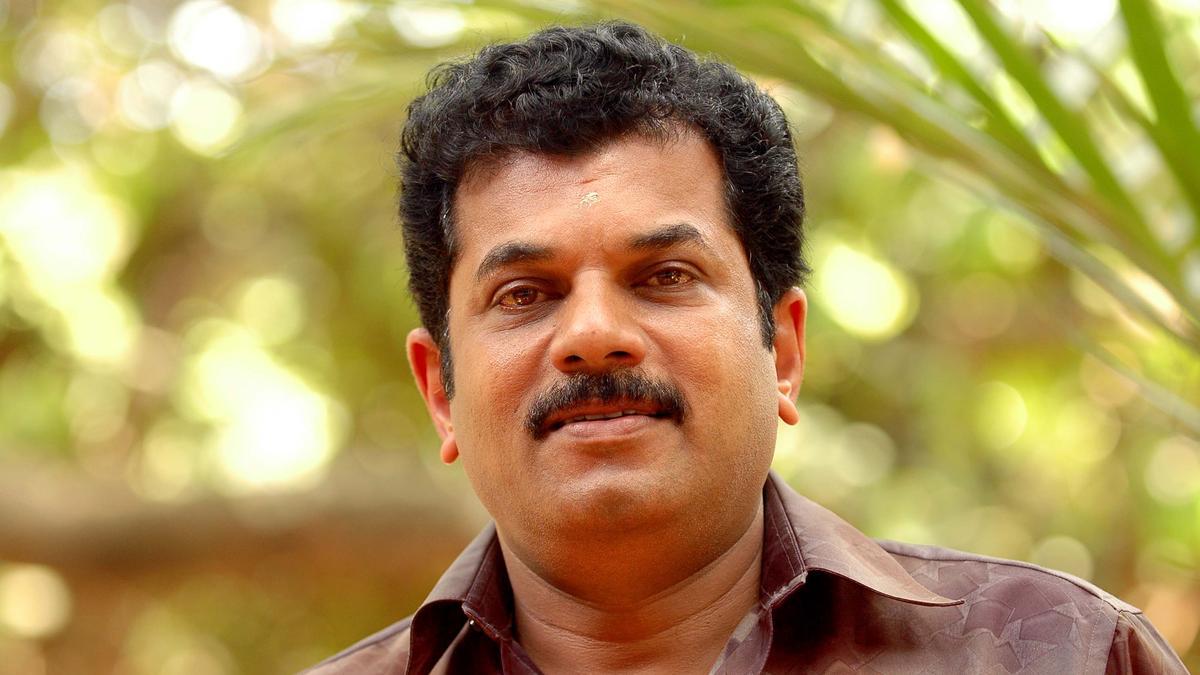
Amid the glittering stars of the South Indian film industry, the journey to the 100th film remains a remarkable milestone carved with varying degrees of success and legacy. While Rajinikanth’s 100th film, “Sri Raghavendrar,” was a heartfelt passion project diverging from his usual commercial path, and Kamal Haasan’s “Raaja Paarvai,” despite its critical praise, failed to make a notable impact at the box office, it was Vijayakant who marked his century with resounding applause. His 100th film, “Captain Prabhakaran,” not only reigned as a sensational hit upon its release in 1991 but also bestowed upon him a moniker that would define his persona henceforth.
Directed by RK Selvamani, “Captain Prabhakaran” presented Vijayakant in the formidable role of an IFS officer. The movie featured an ensemble cast, including Mansoor Ali Khan, who impressed audiences with his portrayal of Veerabhadran—a character inspired by the infamous forest brigand Veerappan. As the film’s review by ‘The Hindu’ highlighted on April 26, 1991, Vijayakant’s on-screen prowess, particularly in the action sequences like the gripping fights on a moving train and the horse-riding chase reminiscent of “Sholay,” was emphatically admired.
The film’s association with Vijayakant transcended the silver screen; it’s commercial triumph entwined itself into his identity, bringing to life the title ‘Captain,’ a term that would accompany him in cinematic and political circles alike. Beyond its narrative, it was perhaps Vijayakant’s commendable engagement with the industry’s affairs—during his tenure as the head of the Nadigar Sangam—and his mentorship of many future cinema celebrities, including Vadivelu and Vijay, that fortified this sobriquet within the cultural fabric.
The prevalence of the ‘Captain’ epithet in Tamil cinema further cemented its usage. For instance, in the film “Chellamae,” there’s a light-hearted exchange where the comedian Vivekh and actress Mumtaz mention Vijayakant by his famed title. However, the appropriation of a military designation for cinematic branding did not go unchallenged. In a rather contentious turn, an ex-serviceman took his objections to the Madras High Court in 2014, asserting that the title ‘Captain’ should be exclusive to Army personnel. Notwithstanding these legal reverberations, the name persisted, proving to be indelible in Vijayakant’s public life.
The sobriquet not only followed Vijayakant in the limelight but also into business ventures, particularly when he established a Tamil television channel named ‘Captain TV.’ As fit for a figure of his stature, the title ‘Captain’ symbolized more than a mere character from a film; it embodied the multifaceted role he played in Tamil culture—distinguished from the ‘Superstar’ and ‘Ulaga Nayagan’ titles adorned by his contemporaries, Rajinikanth and Kamal Haasan, respectively.
Through the annals of Kollywood’s storied legacy, these epithets do more than just add flair; they capture the essence of the artists and the impact they have on their audiences. For Vijayakant, ‘Captain’ transcends the role offered in a script—it is a testament to his enduring influence and a badge of his myriad contributions to Tamil cinema and beyond. As he and other legends of the industry craft their narratives, the titles they accrue along the way become threads in the broader tapestry of their enduring legacies.










